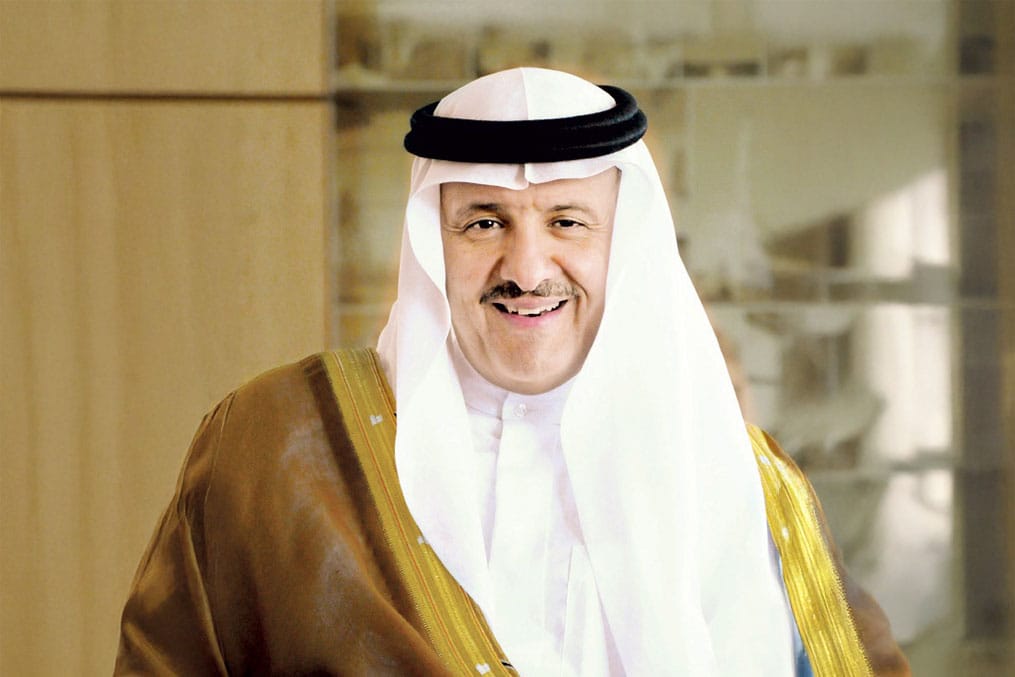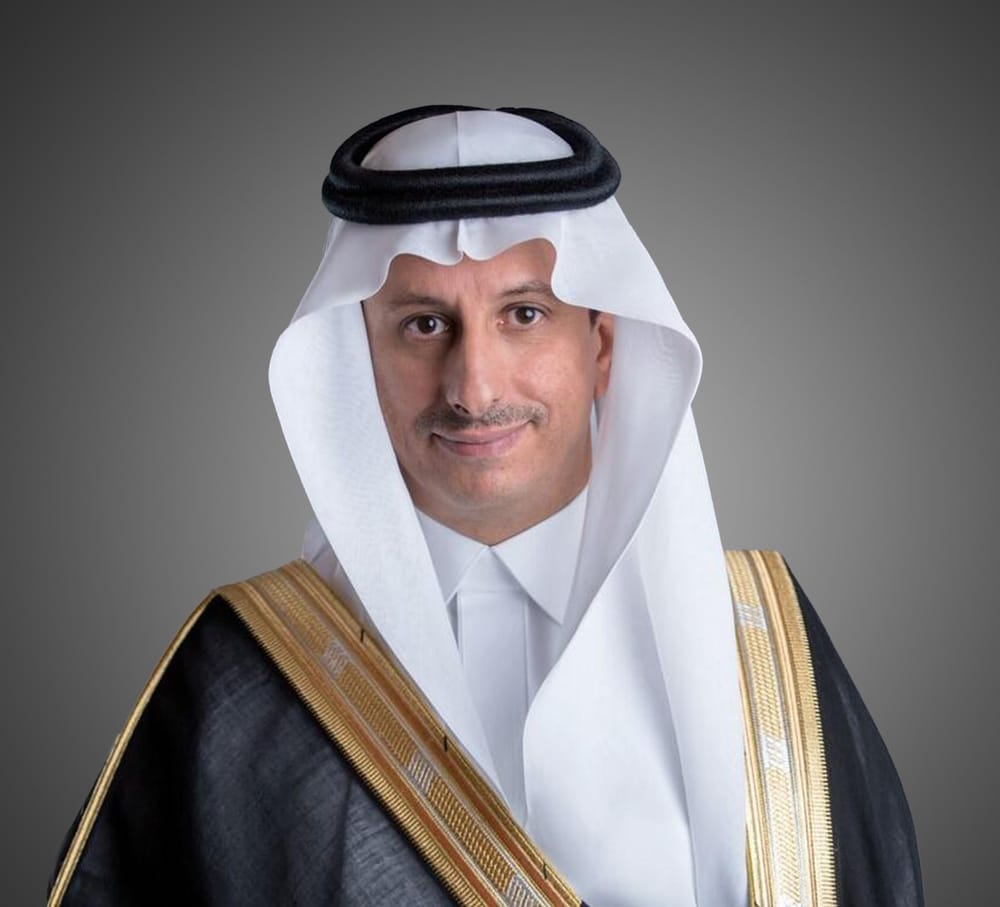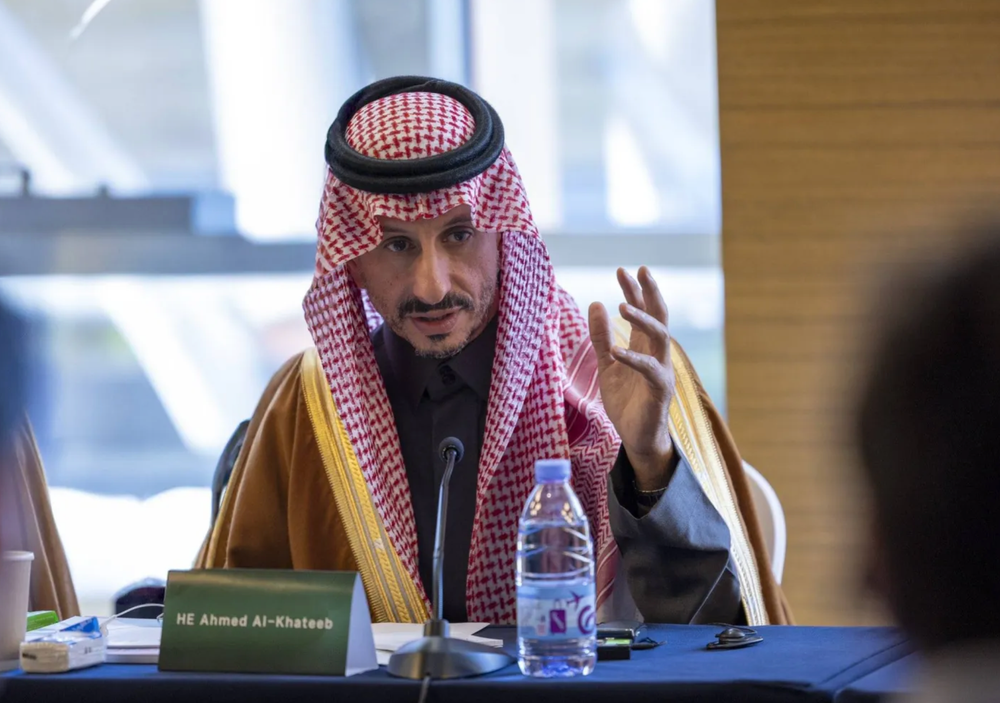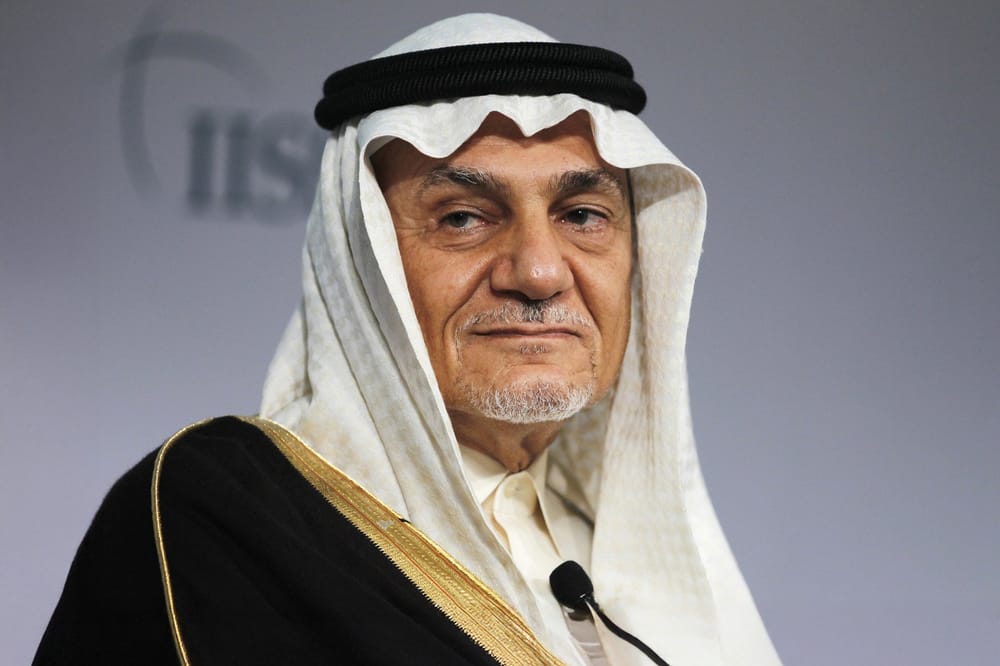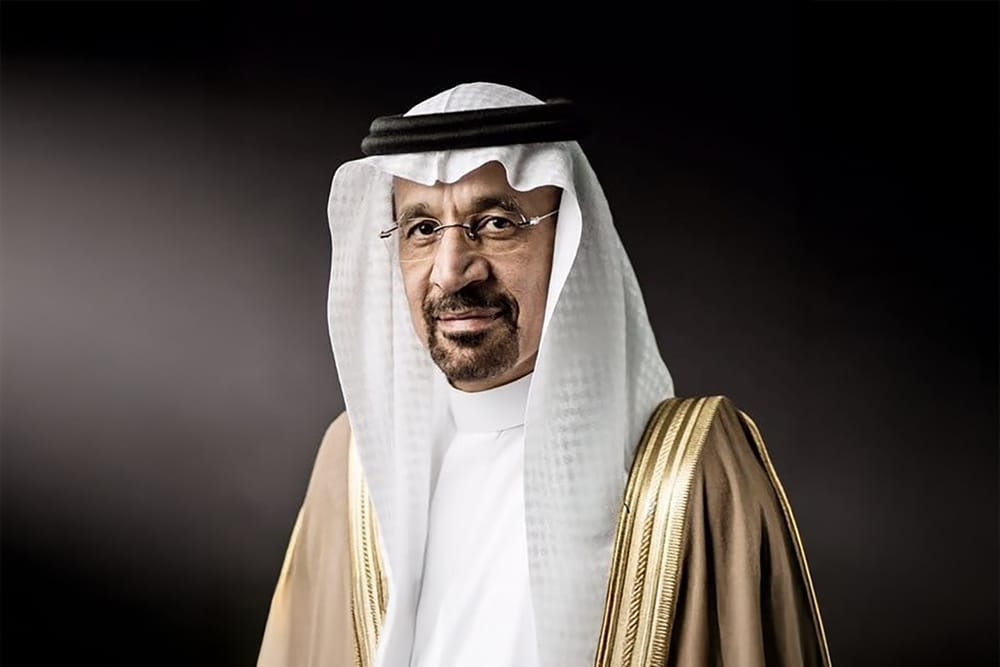A Leader Who Saw Tourism as Nation-Building
When Prince Sultan bin Salman Al Saud took on the leadership of Saudi Arabia’s tourism sector in 2000, few in government saw it as a serious economic pillar. Tourism was viewed primarily through the lens of religious pilgrimage.
But Prince Sultan brought a visionary mindset: he saw tourism as an engine for economic diversification, cultural diplomacy, and national identity building.
From his leadership, today’s ministers can draw enduring lessons in vision-setting, stakeholder engagement, and sustainable growth.
Lesson 1: Set a Bold, Measurable Vision
In 2003, Prince Sultan introduced a 20-year tourism development strategy with clear, measurable targets:
- Increase trips from 65 million to 141 million by 2020
- Create between 1.5 to 2.3 million jobs
- Establish tourism as a second economic pillar beyond oil
Leadership Insight: Effective leaders articulate visions that are specific, measurable, and aligned with national priorities, inspiring both public and private sectors to act.
Lesson 2: Ground Economic Policy in Culture and Heritage
Rather than pursuing mass tourism, Prince Sultan built Saudi tourism around its cultural depth:
- Secured UNESCO listing for Hegra (Mada’in Salih)
- Promoted pre-Islamic and prehistoric sites
- Launched global exhibitions of Saudi archaeological treasures
Leadership Insight: When sectors are grounded in authentic national assets, they become sustainable and drive both national pride and economic returns.
Lesson 3: Champion Sustainability Over Short-Term Gains
Prince Sultan consistently prioritized site preservation and value tourism over mass visitor numbers.
“The goal is not to overwhelm our heritage, but to present it with dignity and care.”
Leadership Insight: Responsible leaders think long-term, especially when stewarding irreplaceable cultural and natural assets.
Lesson 4: Build Cross-Ministerial and Multi-Sector Coalitions
Prince Sultan’s tourism strategy was never pursued in isolation. He built alliances with:
- Culture Ministry for heritage development
- Municipalities for infrastructure
- Finance Ministry for investment policies
- Private sector for project development
- International partners for best practices
Leadership Insight: Successful national initiatives require cross-sector collaboration rather than isolated ministerial action.
Lesson 5: Invest in People First
Recognizing that Saudis should lead the tourism sector, Prince Sultan launched programs to build human capital:
- Trained licensed tour guides
- Professionalized hospitality careers
- Engaged young Saudis in cultural heritage initiatives
Leadership Insight: National transformation is people-driven; leaders must build domestic expertise and ownership.
Lesson 6: Leverage National Strengths Instead of Imitating Others
Prince Sultan integrated religious tourism with broader cultural tourism:
- Encouraged Hajj and Umrah pilgrims to explore more of the Kingdom
- Designed travel packages connecting spiritual and historical journeys
- Highlighted Saudi Arabia’s diverse geography as a unique tourism asset
Leadership Insight: Leaders should build on inherent strengths rather than importing models that may not align with national identity.
Lesson 7: Lead Change Gradually and Intentionally
Understanding the need for cultural adaptation, Prince Sultan advocated for a phased approach to opening the sector:
- Prioritized small, high-value tourism groups initially
- Controlled international outreach
- Prepared local communities to ensure readiness
Leadership Insight: Leaders must carefully manage the pace of change, balancing ambition with cultural and operational readiness.
The Lasting Impact
Many of today’s Vision 2030 tourism megaprojects, from AlUla to Diriyah Gate to the Red Sea Project, build on principles first championed by Prince Sultan:
- Culture-first approach
- Sustainability-led development
- Human capital-driven strategies
- Collaborative governance
- Purposeful and phased growth
For ministers today, his leadership offers a model of how visionary, principled leadership can transform a sector, turning national potential into global opportunity.


